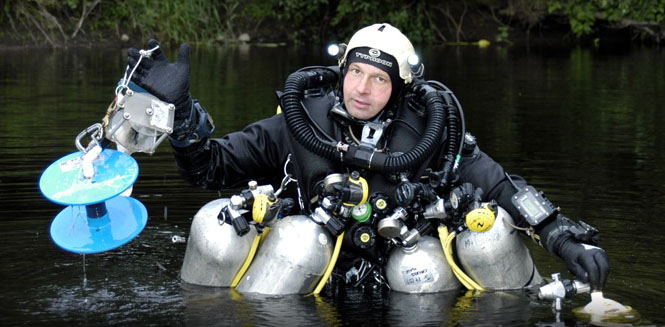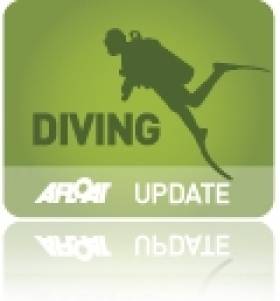Displaying items by tag: cave nework
Efforts Resume to Recover Body of Cave Diver
Efforts are resuming today to recover the body of a Polish man who died while cave diving near Gort in Co Galway.
The Irish Independent reports that Artur Kozlowski, 34, failed to emerge as expected from the flooded cave he was exploring solo on Monday afternoon.
His body was located yesterday evening by rescuers in the deepest section of the cave, 52m below the surface.

Cave Diver Artur Kozlowski
Kozlowski - known to friends as Artur Conrad - had been living in Ireland for several years and was regarded as one of Ireland's most experienced cave divers. He was previously highlighted on Afloat.ie for his lecture on cave diving at NUI Galway late last year.
He was also the holder of a number of diving records in the UK and Ireland, including longest and deepest traverse of a cave at 103m.
He had spent the last two years exploring the subterranean cave network in south Galway, and was on the final day of an expedition this week when tragedy struck.
Friend and diver Jim Warney, who found Kozlowski, said it took an hour to locate the body in a narrow passage. His oxygen tanks - which were known to have enough air for at least six hours - and a guide rope were still attached.
Rescuers have requested assistance from a UK dive rescue team to help recover the body.
The Irish Independent has more on the story HERE.






























































